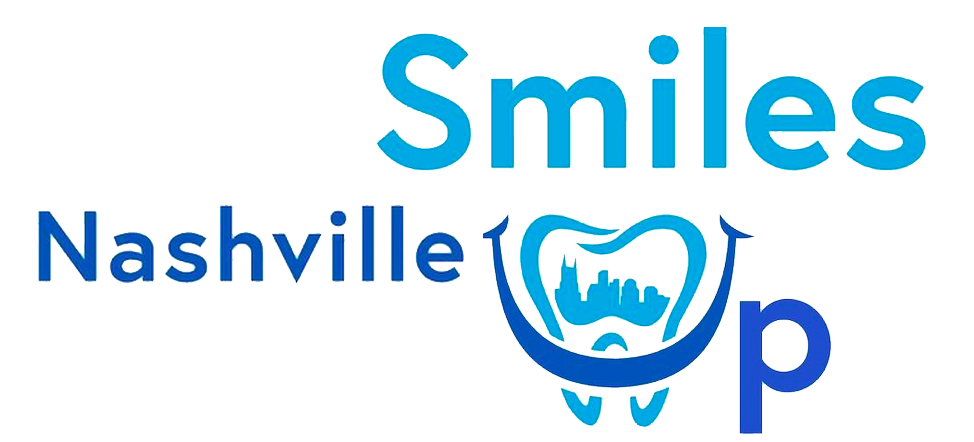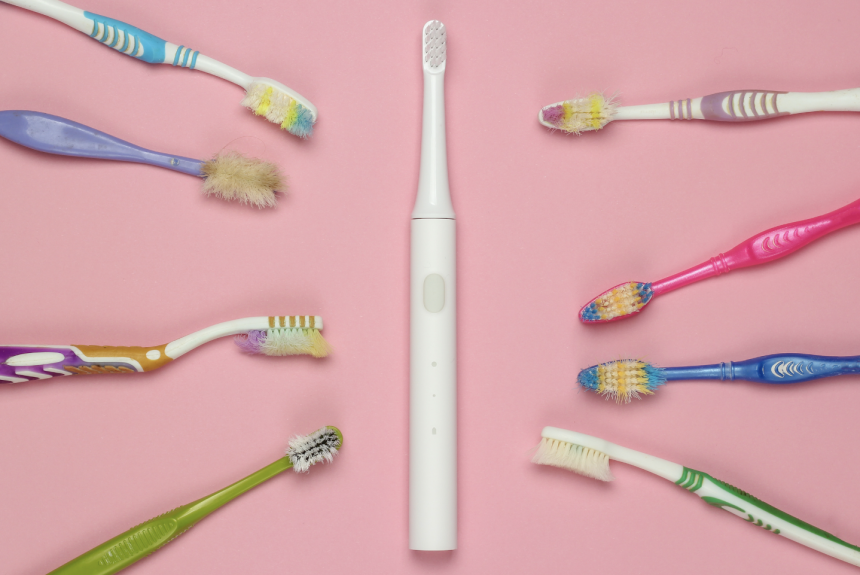When it comes to brushing your teeth, you have two main options: electric toothbrushes and traditional manual toothbrushes. Both types of toothbrushes can be effective at cleaning your teeth, but there are some key differences to consider when choosing between the two.
Electric toothbrushes:
Electric toothbrushes use a motor to vibrate or rotate the brush head, making it easier to remove plaque and food particles from your teeth. Many electric toothbrushes also have timer features to help you brush for the recommended two minutes, and some even come with pressure sensors to alert you if you’re brushing too hard.
Pros:
Easier to use: Electric toothbrushes do the work for you, making it easier to brush your teeth effectively.
More efficient: Studies have shown that electric toothbrushes are more effective at removing plaque and preventing gum disease than manual toothbrushes.
May be better for people with dexterity issues: Electric toothbrushes can be a good option for people with arthritis or other conditions that make it difficult to brush their teeth effectively with a manual toothbrush.
Cons:
- More expensive: Electric toothbrushes tend to be more expensive than manual toothbrushes.
- Need to replace brush heads: Electric toothbrushes require you to replace the brush head every few months, which can add to the overall cost.
Traditional manual toothbrushes:
Manual toothbrushes are the more traditional option and have been used for centuries. They consist of a handle and a brush head, and require manual movement to clean your teeth.
Pros:
- More affordable: Manual toothbrushes are generally more affordable than electric toothbrushes.
- No need to replace brush heads: With a manual toothbrush, you only need to replace the brush head when it becomes worn out, which can save money in the long run.
- Easily available: Manual toothbrushes are widely available and can be purchased at most stores.
Cons:
- More effort required: Manual toothbrushes require more effort on the part of the user to effectively remove plaque and food particles from their teeth.
- May be less efficient: Some studies have shown that electric toothbrushes are more effective at removing plaque and preventing gum disease than manual toothbrushes.
When deciding between an electric and a traditional manual toothbrush, consider your budget, personal preference, and any specific dental needs you may have. Both types of toothbrushes can be effective at cleaning your teeth and maintaining good oral health, so the most important thing is to choose the option that works best for you and brush your teeth regularly and effectively.


